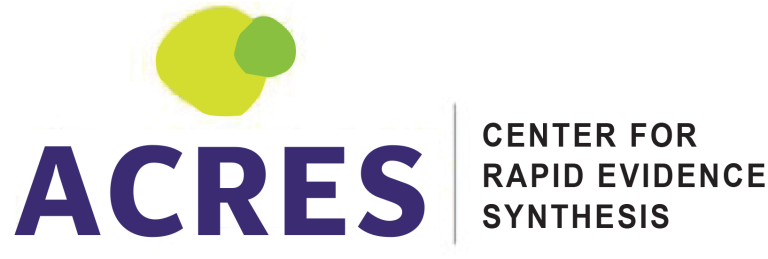Pre-diagnostic drop out of presumptive TB patients and its associated factors at Bugembe Health Centre IV in Jinja, Uganda
Drop out of presumptive TB individuals before making a final diagnosis poses a danger to the individual and their community. We aimed to determine the
Rapidly responding to policy queries with evidence: Learning from Rapid Response Services in Uganda
The Rapid Response Service (RRS) is a knowledge translation service in Uganda that responds to a decision maker’s needs for evidence with synthesised relevant evidence,
Paper 1: Demand-driven rapid reviews for health policy and systems decision-making: lessons from Lebanon, Ethiopia, and South Africa on researchers and policymakers’ experiences
Rapid reviews have emerged as an approach to provide contextualized evidence in a timely and efficient manner. Three rapid review centers were established in Ethiopia,
Embedding rapid reviews in health policy and systems decision-making: Impacts and lessons learned from four low- and middle-income countries
Demand for rapid evidence-based syntheses to inform health policy and systems decision-making has increased worldwide, including in low- and middle-income countries (LMICs). To promote use
Policymaker experiences with rapid response briefs to address health-system and technology questions in Uganda
Health service and systems researchers have developed knowledge translation strategies to facilitate the use of reliable evidence for policy, including rapid response briefs as timely
Beyond the metrics of health research performance in African countries
While it is important to be able to evaluate and measure a country’s performance in health research (HR), HR systems are complex and multifaceted in
A Process Evaluation to Assess Contextual Factors Associated With the Uptake of a Rapid Response Service to Support Health Systems’ Decision-Making in Uganda
Although proven feasible, rapid response services (RRSs) to support urgent decision and policymaking are still a fairly new and innovative strategy in several health systems,


